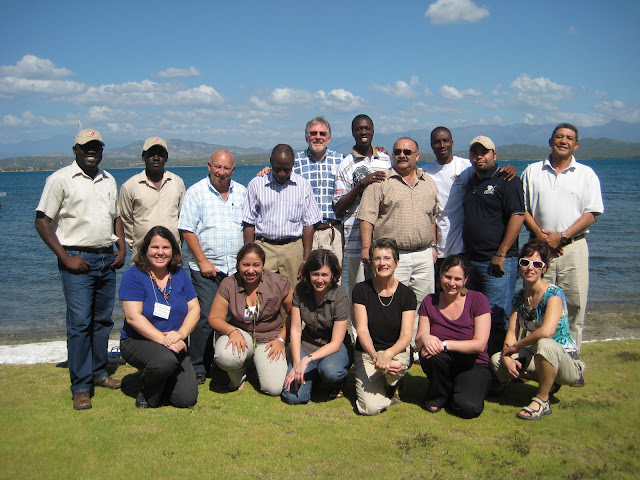"Live" Update from the Brazilian Rainforest

While he's not busy writing notes toward improving the strategic plan of the Iracambi Atlantic Rainforest Reasearch and Conservation Center , FTF Volunteer Dale Beckmann is enjoying the great outdoors in Minas Gerais, Brazil. Through the Flex program, Dale is assisting Iracambi's leadership in building and improving rainforest conservation efforts for the future. Here are a few photos from his visit so far. FTF Volunteer Dale Beckmann View of the rainforest canopy from below



